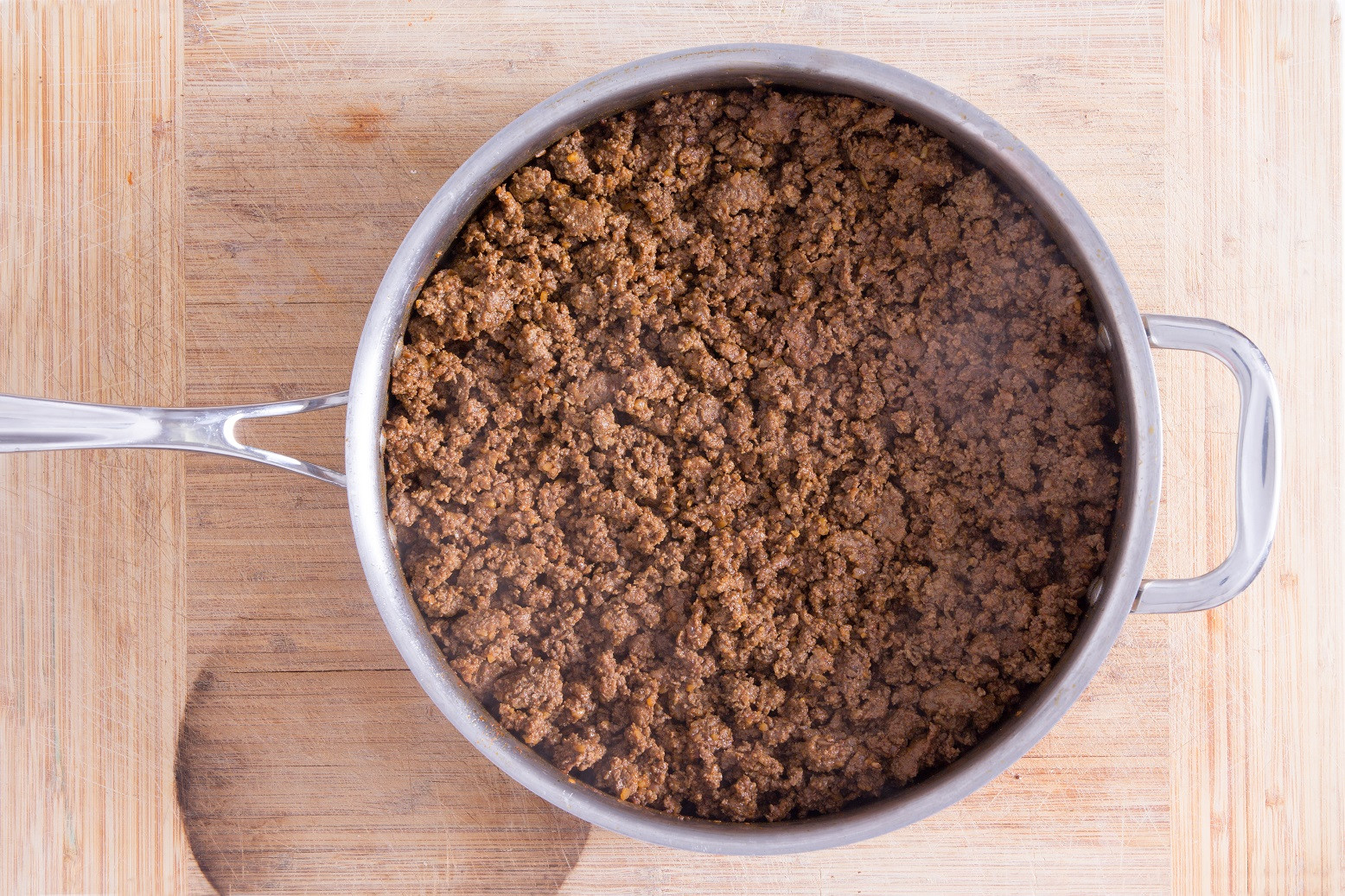Higher Quality Grasses for Delicious Grass-Fed Steak
posted on
April 14, 2021
Behind the Scenes Look Into the Family Farm
Keenen Taylor here- agronomist for Bachman Family Farms. As a guest blogger this month, I am going to give you a behind the scenes look into a critical part of the Bachman’s business model. I appreciate the Bachman Family for allowing me the opportunity to educate you on something the consumer might overlook but that is vital to the success of the Bachman’s operation.
Quality Nutrient Recommendations
I just told you that I am an agronomist. I am first going to back up and tell you what an agronomist is. Also known as a crop consultant, an agronomist is someone who looks after growing crops and the fallow (unplanted) ground over the course of a year. While the crops are growing, an agronomist looks at the stages of development and advises the farmers on production decisions. During the time of the year when a crop is not growing in the ground, an agronomist pulls soils samples to evaluate the quality of the soil and make recommendation on any nutrients to add to the soil to improve fertility.
The Key to Delicious Grass-Fed Steak
For Bachman Family Farms, I consult on all of their production crops which are corn, cotton, soybeans, wheat, oats, milo, alfalfa. This extensive list means that a crop is always in production for this client and management of their operation is continual. Specifically, for the grass-fed beef operation, I consult on the wheat and oats in their vegetive state and the native grass pasture. The cattle graze on these grasses and convert the nutrients into energy. The higher quality the grasses, the more efficiently the cattle can use what they eat and in turn, you, the consumer, get a higher quality end-product: a delicious grass-fed steak.
It is not just Cattle That Like to Eat Grass
My job is to watch how the wheat, oats, and native grass develop during the various growth stages and address any issues that may prohibit the crop from reaching its optimum performance. The biggest issue here is pest pressure. Not only do the cattle like to eat these grasses, so do bugs like grasshoppers, worms, and aphids. When insects eat the grasses, they cause damage that the plant must recover from. I monitor the growing grasses weekly and inform the Bachman’s of any pest pressure I might see so we can determine how to best address the problems.
Restore Soil Health with Macronutrients and Micronutrients
Another important part of my job is to monitor the soil health where these grasses grow. The soil is tested annually by sending samples off to a laboratory. The samples are broken down and analyzed by a machine that determines the different levels of macro and micronutrients present. If a certain nutrient is low, I will determine how best to restore that nutrient back into the soil. Making sure the soil is at optimum growing conditions means the grasses have the best possible chance to grow well over the course of the season and we have already covered why that is important.
Science Provides High Quality Food for Grass-Fed Cattle to Eat
In short, my job is to make sure that the food that the grass-fed cattle eat is high quality, efficient, and allows Bachman Family Farms to provide you with the quality product you expect. Science drives just about everything that I do and I hope you have learned a little bit more about why plants are so important to grass-fed beef.



